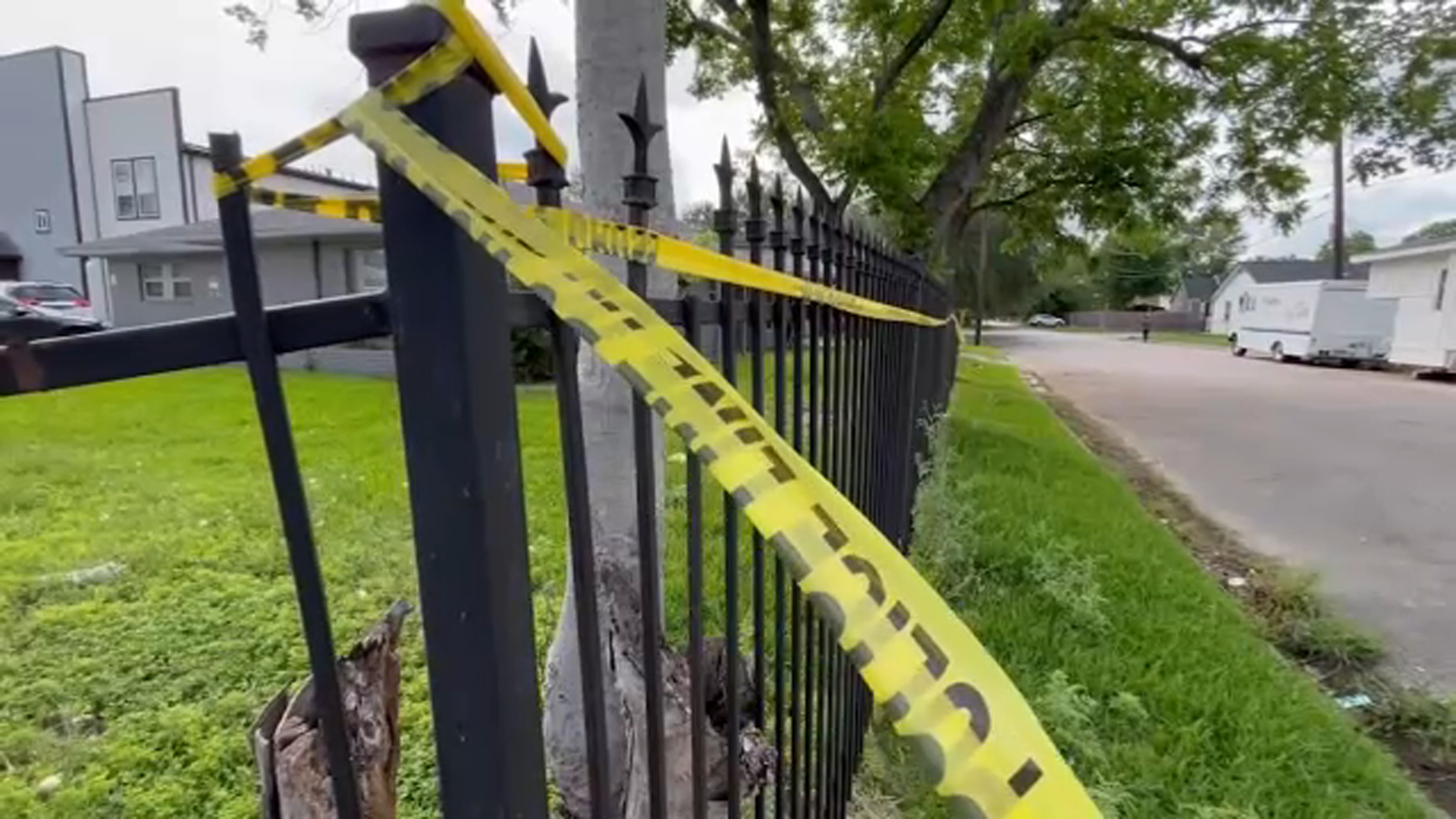Meet the first Hispanic woman to become Spring ISD's superintendent
HOUSTON, Texas (KTRK) -- Dr. Lupita Hinojosa always knew that education would be important to her. But she didn't know that she would end up dedicating her life and career to the field. As a child of immigrant parents who had to navigate the barriers that exist for underserved communities, she lived through the issues and wanted to become a part of the solutions.
"I am a first-generation Mexican American. My parents were from Mexico, specifically Monterrey and San Luis. They came to the United States as teenagers with their green cards and worked either in the fields or cleaning homes," she shared. "They came for a better life, not only for themselves, but the family they were going to make."
Hinojosa was born and raised in San Benito, Texas. It wasn't until first grade when she began learning English as a second language. As the oldest child in her family, she often translated for her parents at PTO/PTA meetings and parent-teacher conferences. She remembers her father also instilling the importance of preserving her native language, encouraging her to read the newspaper to him in Spanish.
She was an active student throughout primary school, enrolling in honors classes and participating in multiple extracurricular activities. After graduating from high school, she attended the University of Texas and worked towards being an attorney.
"I wanted to be an attorney to be able to help people in the community, like my parents. My parents became U.S. citizens and they went through the process not knowing what to do," said Hinojosa. "Immigrant families are hard-working community members that are paying taxes, that are invested in their own community, but they don't have access to any social services."
Unable to afford the cost of a degree in law, she switched gears to business and worked in retail for a few years. What piqued her interest in education was an experience she had volunteering to read books at an elementary school to a group of students who only spoke Spanish.
"I walked into that first-grade classroom and saw 22 little children that looked just like me. Wide-eyed and scared, because they didn't know English," she recalled. "They looked at me and said, 'Maestra, maestra. Usted habla como mi mamá. You speak like my mom. Your hair is like my mom's. You look like my mother.' All of a sudden, those memories started flooding back."

It was that same year in 1989 when Hinojosa decided she wanted to become a teacher. She went back to school and was then hired for her first education job as a bilingual teacher at Durkee Elementary. Since then, she's written a curriculum for classes with Spanish-speaking students. She worked in a wide array of positions including principal, assistant superintendent, and school services officer for Houston ISD.
Most recently, she served as the chief of Innovation and Equity for Spring ISD. She said 49% of the students in the district are Hispanic and Latino and 44% are Black. Roughly 85% come from low-income families and 10% are learning English as their second language.
"Many people would say, 'Oh, my goodness, you've got a challenging district.' What it is, is, 'My goodness, we've got a diverse district, one that we know and we understand.' So as educators, as teachers, as principals, as administrators, we know we've got to place a special emphasis on the needs of each individual population. So that we can ensure that we're serving them," she said.
She highlighted efforts the district has already made to improve equity for all students, such as after-school programs for working parents and supplying laptops for students during the COVID-19 pandemic. They've also opened their first International Baccalaureate program and pre-K through 8th-grade dual language school.
In her new role as superintendent, she plans to continue advancing Spring ISD's plan that emphasizes six points: student outcomes, innovation, leadership, well-being, engagement, and equity.
Hinojosa said they will also be working to recover from the setbacks of the pandemic. She said they've lost thousands of students who are still being homeschooled and are staying home with family. She hopes to bring their student population number up from 33,000 to 40,000. She also hopes to reestablish connections and relationships within the district.
"These past couple of years have been very difficult. This pandemic has caused a lot of fractures within our community. Kids coming to school should be joyful that they're going to learn something. Teachers should find joy in delivering those lessons. Parents should feel joyful and secure that they're bringing their kids to a good environment," she said. "So I want everyone to be able to reengage and reconnect with Spring."
For stories on Houston's diverse communities, follow Rosie Nguyen on Facebook, Twitter and Instagram.






